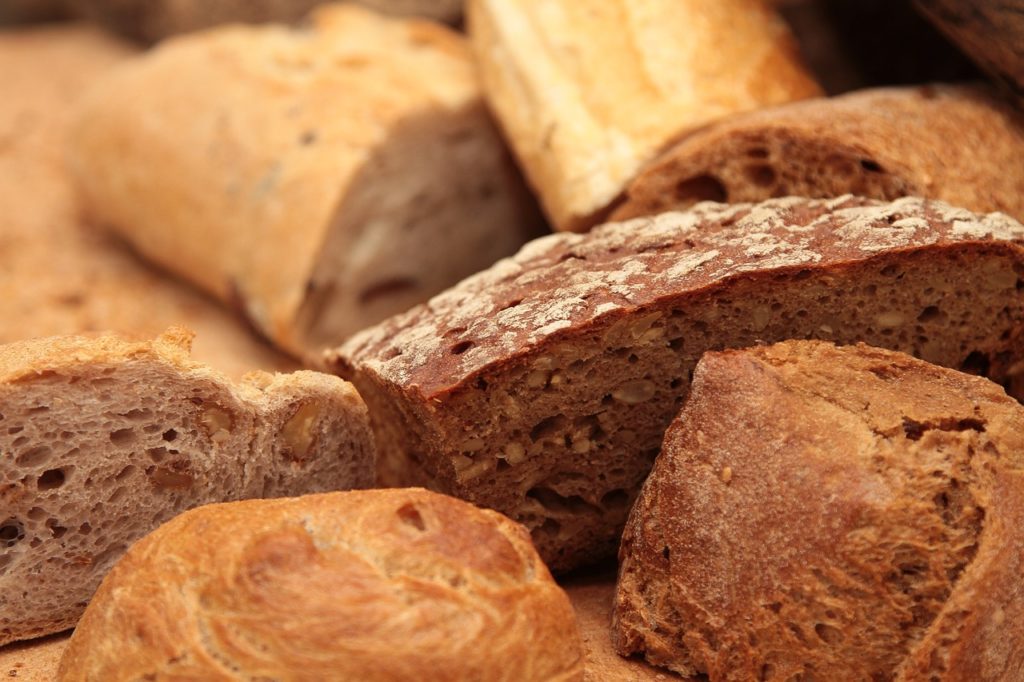Despite Generation Z and Millennials being billed as health-conscious consumers, a new study shows that the two groups still have a ferocious appetite for baked goods. In fact, the only thing that appears to be stopping them from indulging in carbs every day is their commitment to the planet.
Combined, these groups are a key consumer-base driving baked good purchases, with 78 percent of Gen Z and Millennials admitting to eating carbs on a regular basis according to a study funded by the American Bakers Association (ABA).
The report suggests the appetite for baked goods offers a versatile gain for the food industry, with bread and sweets reaching a broad portfolio in the food business from pastry kitchens to consumer-packaged goods companies.
Despite these positive statistics, the report also suggests there has been a recent decline in purchasing patterns for baked items, claiming 53 percent of Gen Z consumers and 48 percent of Millennials eat less baked goods then they did a year ago.
This is due to heightened concerns of food waste, with leftover bread being the main source of the problem. According to the study, nearly three-quarters of consumers are irritated by the thought of wasting bread, and 1 in 5 consumers who had thrown away leftover bread previously avoided buying another loaf the next time they were at the supermarket.
This is enough to make any baked good manufacturer anxious, but the solution could be within the packaging. For most grocery shoppers, bread still makes it in the basket with 73 percent of Gen Z and Millennials claiming they had purchased it within the last week when surveyed. The public’s high demand for this carb could encourage manufacturers to provide smaller portion per bread bag to meet growing food waste concerns.
“The study shows some potential answers for the baking industry,” said Robb MacKie, President and CEO of ABA. “For example, more than half of those surveyed would buy more baked items if they came in smaller portions. This report details even more strategies for businesses to consider when looking to develop products for these consumers.”
Another key finding was the shared attraction by Gen Z and Millennials to responsibly sourced products. Labels that claimed to have good company values were important among 48 percent of consumers. Therefore, baked good producers that utilize these terms on product packaging are likely to have an advantage over competitors.
When it comes to the type of terminology that appeals to these groups, products described with terms like “whole grains,” “freshness” and “natural” were viewed as the most desirable for the majority of Gen Z and Millennial consumers.
Convenience is also a growing factor for these two demographics. Marketing baked goods through one-use meal kits could help combat concerns of leftover food waste and provide an easy and accessible snack item. According to the study, 58 percent of consumers favor baked goods displayed in packaged meals kits and 38 percent prefer baked goods that contain responsibly sourced ingredients.
Although respondents in the study voted in favor of using meal kits to package baked goods, manufacturers should be wary of concerns surrounding packaging waste as well. Many individual meals kits currently on the market use plastic to wrap all individual items within the package, however, green options like circular economy delivery services or biodegradable packaging would garner more support from this environmentally conscious group.
Canadian grocery-chain Metro Inc recently announced it would begin to accept reusable zipper containers for certain food items in order to avoid single-use plastic. While IBM’s Food Trust blockchain is using its data system to provide retailers with more accurate expiry dates to help avoid food waste. The moves are both signs that companies are aware of changing consumer values, which will ultimately determine how successful their products are in the long run.












Join or login to leave a comment
JOIN LOGIN